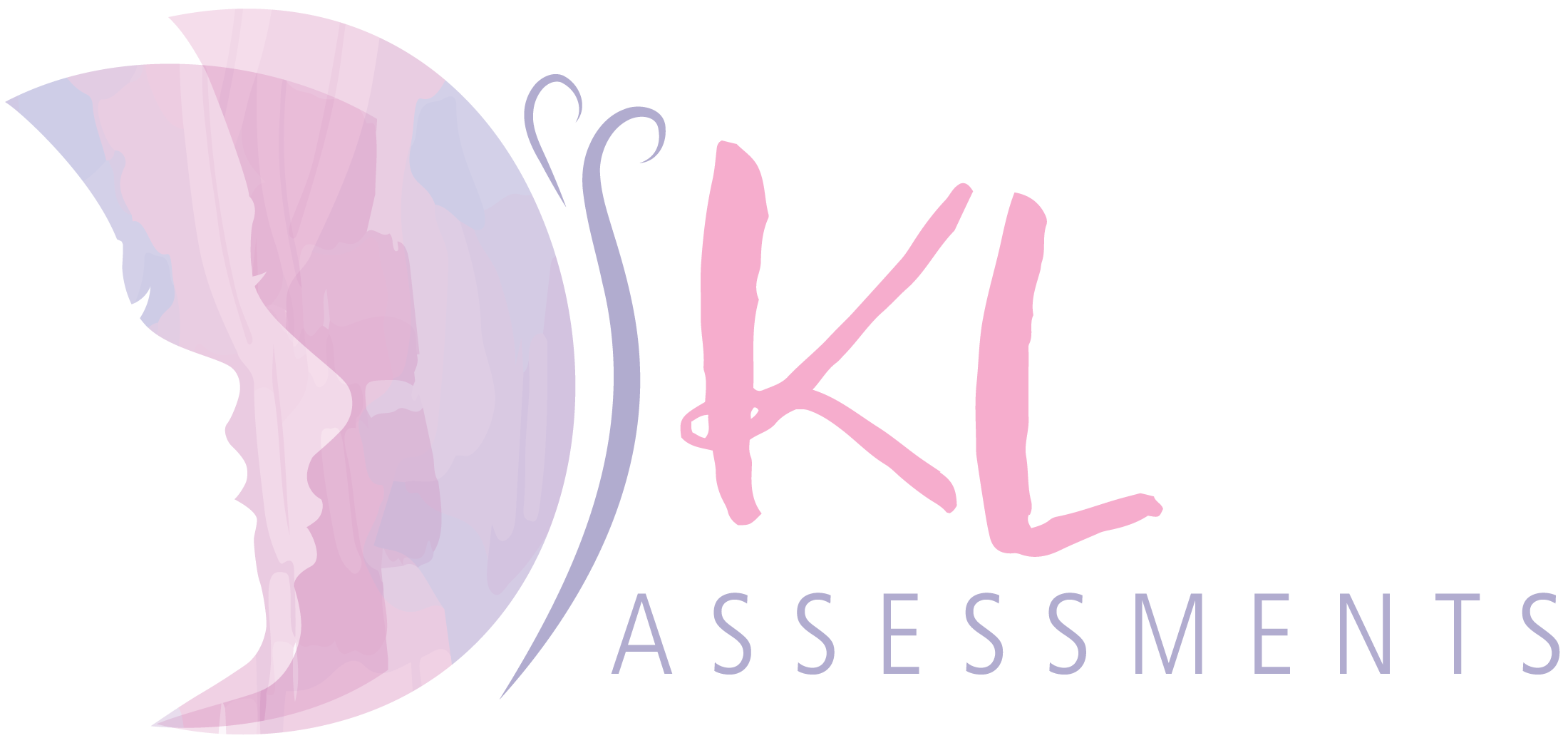ADHD
Attention deficit hyperactivity disorder (ADHD) is the most common neurodevelopmental disorder in Australia, impacting the lives of over 1 million individuals.
ADHD can impact all aspects of a person’s life, including work, school, and relationships. ADHD is a brain-based biological disorder, not a learning disability, mental illness or behavioural disorder. It is a chronic condition that affects millions of children and often continues into adulthood.
ADHD is not a result of bad parenting and is not strictly a childhood disorder. ADHD is disruptive to the person’s life and is manageable but not curable.

Symptoms may look different at different life stages. Here are some signs:
Difficulty concentrating and easily distracted
Short attention span
Fidgeting, squirming, or trouble sitting still
Constant Need for Movement or Frequent Running around
Engaging in activities loudly or disruptively
Excessive talking and interrupting others
Unable to wait their turn
Difficulty focusing
Frequently making careless mistakes
Constantly changing task or activity
Difficulties with organisation and time management
Often forgetting or losing things
Increased frustration and emotional sensitivity
Trouble navigating relationships
Difficulties at uni or work
Trouble passing exams or completing work
Issues with self-esteem and overall mental well-being
Substance misuse issues, especially with alcohol
Relationship challenges with partners, family, or colleagues
Frequent accidents or injuries
While ADHD is a lifelong condition, receiving a timely diagnosis and ongoing treatment can help people manage their symptoms and improve their quality of life. A multidisciplinary assessment is an assessment administered by two members in a team that have different areas of expertise.
This allows KL Assessments to gather a holistic view of the client. At KL Assessments we boast a team of highly experienced psychologists and speech pathologists adept at evaluating ADHD. Following the assessment, we provide comprehensive reports both to you and, if applicable (for children under 18 seeking a formal diagnosis), to your paediatrician.
For adults our report serves as a diagnostic evaluation which would need to be provided to a Psychiatrist in order to trial medication. Our practitioners are not able to prescribe medication.
